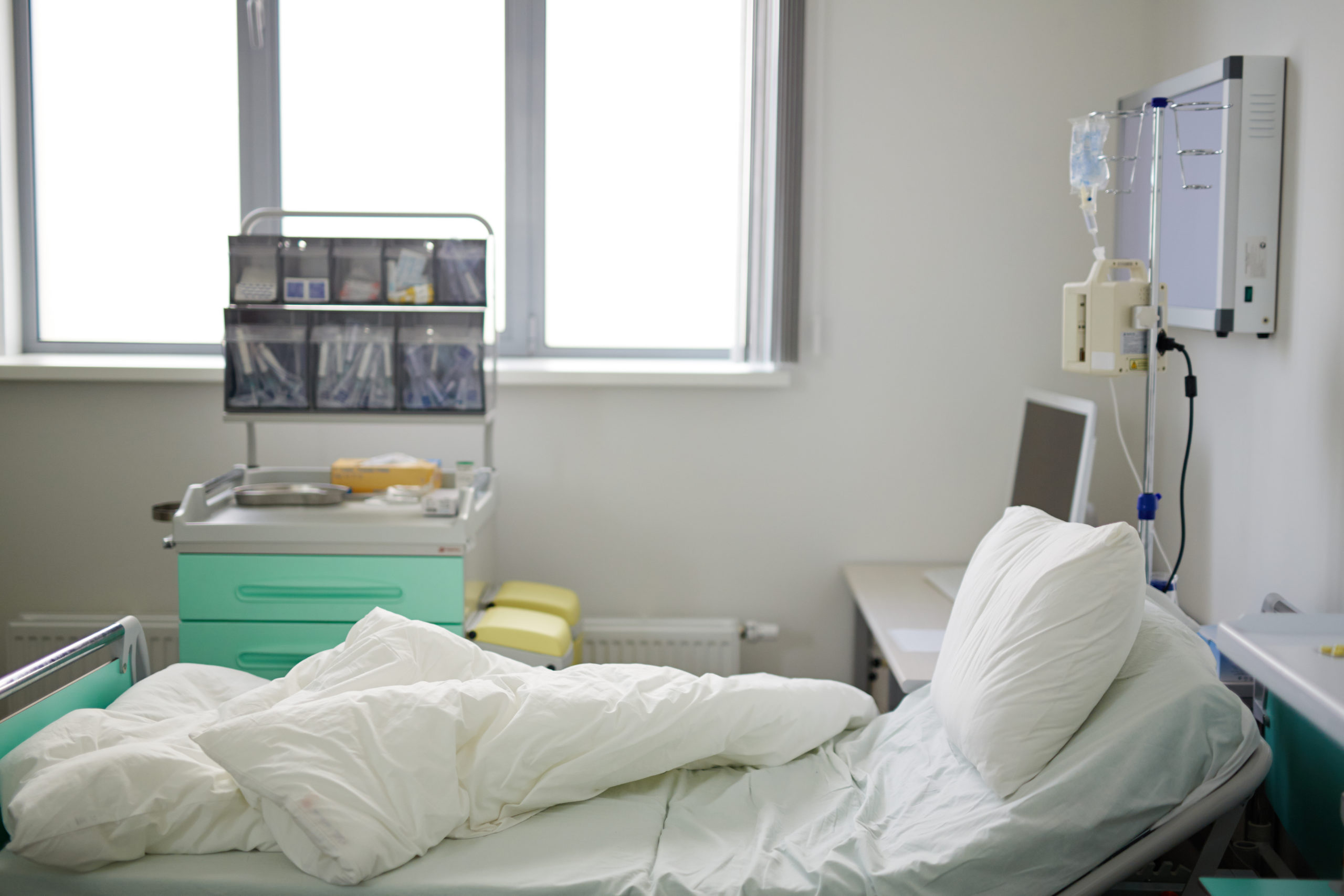
According to the Vermont Department of Health, an outbreak of Legionnaires disease is being investigated at the Village at Cedar Hill, part of the Cedar Hill Continuing Care Community in Windsor, Vermont. As of January 29, 2025, six cases have been confirmed, with one resulting in death. healthvermont.gov eagletimes.com Understanding Legionnaires Disease Legionnaires disease is a severe form of pneumonia caused by Legionella bacteria. Symptoms typically appear within 2 to 14 days after exposure and include: Cough Fever Headaches Muscle aches Shortness of breath Confusion Diarrhea or nausea The disease is treatable with antibiotics, but certain groups are at higher…






